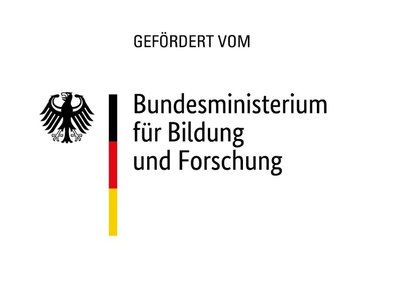SuLaMo – Novel Concepts for Sustainable Land management in Morocco

Funding:
Federal Ministry of Education and Research, Germany

Funding program:
CLIENT II – international partnerships for sustainable innovations
Cooperation partners:
German partners:
Moroccan partners:
Ecole Nationale d’Ágriculture de Meknes
Institut National de la Recherche Agronomique
Association Oasis Ferkla pour l’Environment et le Patrimoine in Errachidia
Office Regional de Mise en Valeur Agricole in Ouarzazate
Project duration:
01/02/2022 – 31/01/2025
Thematic focus:
- Subsurface Drip Irrigation
- Mulch systems
- Salt tolerance of annual crops
Background & Goals:
The agricultural sector, as well as the landscape in Morocco are shaped by irrigation agriculture due to the (semi)-arid climate in the region. Even today, it is necessary to use the scarce resource of water as efficiently as possible. As climate change progresses, the severity and frequency of droughts in Morocco is expected to increase. Therefore, the development and deployment of optimized irrigation systems is becoming increasingly pressing
The project SuLaMo pursues an integrated approach to strengthen agriculture under arid and semi-arid conditions as an important contribution to sustainable land management in the agricultural sector using Morocco as an example. To this end, the interdisciplinary research team is working on several approaches. The use of the scarce resource water in crop production is to be optimized by water-saving soil and irrigation techniques such as mulching and subsurface drip irrigation. Additionally, capacitive deionization will be tested as an innovative and energy saving desalination process for irrigation water on a pilot scale. The project is embedded in hydrogeological and socio-economic studies that assess the framework conditions in the three research regions.
Studies within the SuLaMo project will take place at four representative sites in Morocco. A two-factor field trial will be implemented In the Meknès region in the semi-arid north of the country. In the regions of Errachidia and Ouazaztae in the arid south, demonstration trials will be conducted at three field sites of local farmers.
Further information:
